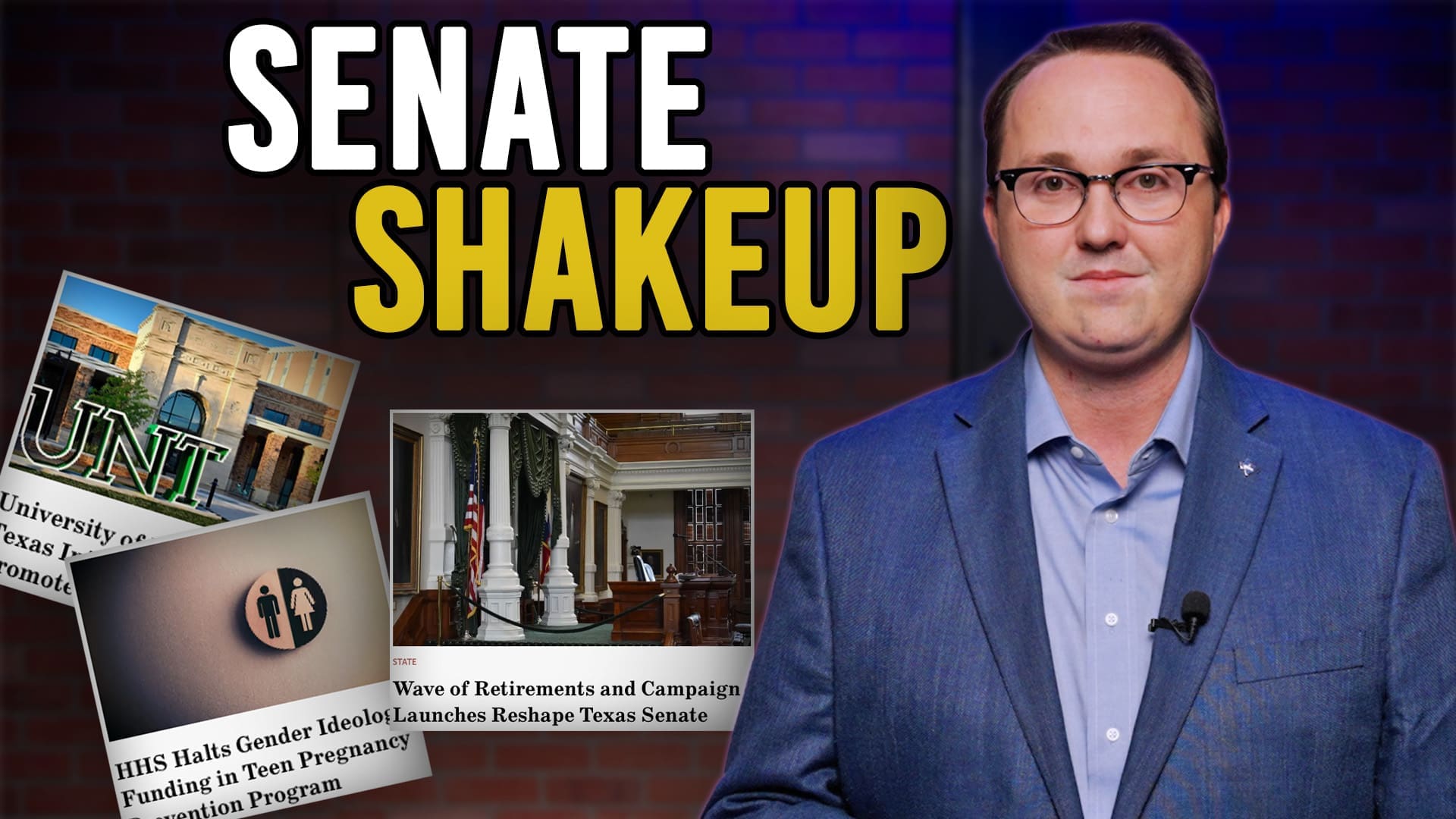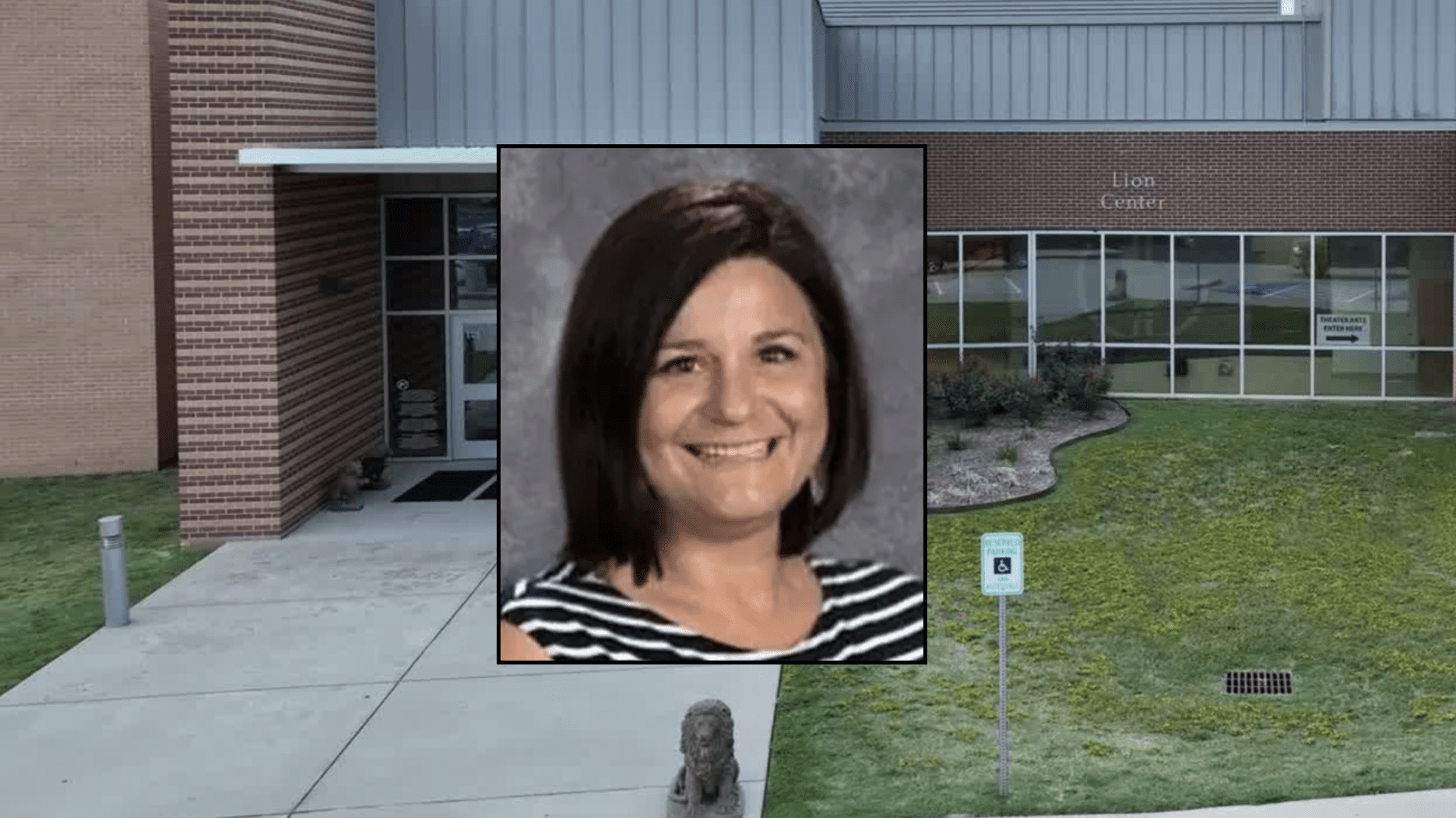Lt. Gov. Dan Patrick’s interim charge on union dues is meant to examine why unions, who largely donate to democrats, are able to collect employee dues using government resources, before employees even see their pay.
During the 84th Legislative Session pro-union House Speaker Joe Straus and his band of liberal republicans killed SB 1968, deemed the “Paycheck Protection Bill”, which would have stopped the corrupt alliance between unions and politicians.
Despite support for the bill from a number of statewide conservative organizations and grassroots leaders, State Rep. Byron Cook (R-Corsicana), who is politically indebted to Straus, killed the bill in his State Affairs Committee claiming it was filled with procedural errors.
Thankfully, Patrick is having the senate, which did pass the paycheck protection bill last session, examine this practice and determine a course of action.
The charge specifically says, “Examine the practice of using public funds and employees for the payment processing of union dues. Make recommendation on whether Texas should end this practice.” And hopefully they do make that recommendation.
Governments shouldn’t be able to use public resources to assist any private entity or industry, especially one with a longstanding habit of donating the funds it collects to one political party.
Following the death of the bill Americans for Prosperity said, “By allowing the paycheck protection bill to die, the Legislature missed a great opportunity to continue improving the state’s business climate.”
Ultimately Speaker Straus and his coalition of liberal Republicans turned their backs on all Texans and allowed unions to gain a stronger hold on the state. This shouldn’t come as a surprise, however, since Straus was one of the only two Republican lawmakers in the top-15 beneficiaries of union donations in the state of Texas.




